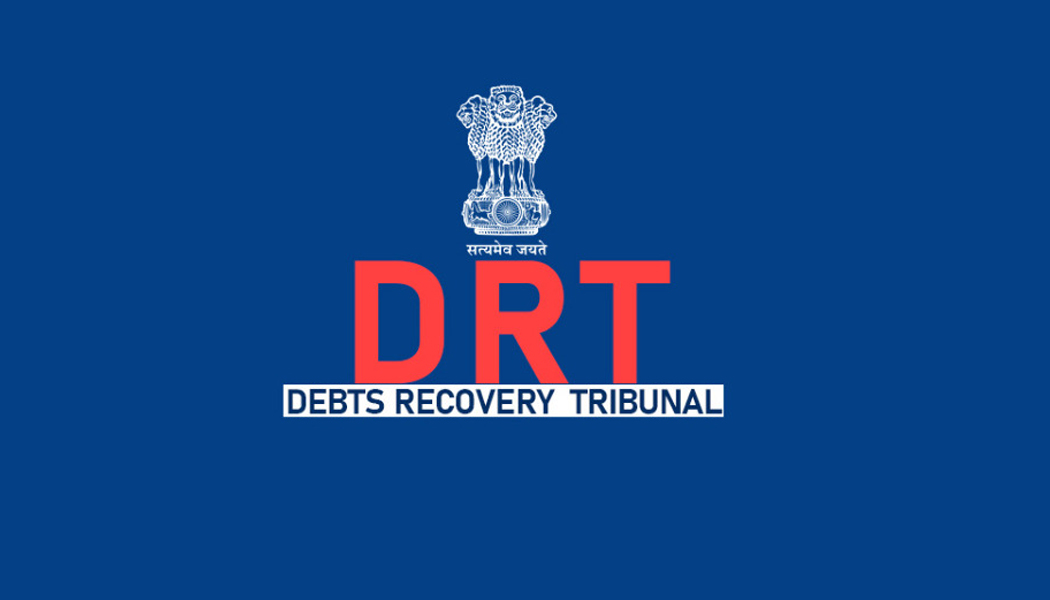
What is IA (Interlocutory Application) in DRT?
An Interlocutory Application (IA) in a Debts Recovery Tribunal (DRT) is a type of application that is filed during the pendency of a case to seek interim relief. Interim relief is relief that is granted by the court on a temporary basis until the final decision on the case is made.
IA applications can be filed by any party to a DRT case, including banks, financial institutions, borrowers, and third parties. IA applications can be filed for a variety of purposes, such as:
- To seek a stay on the proceedings of the case
- To order the production of documents
- To appoint a receiver
- To restrain a party from taking certain actions
IA applications must be filed in accordance with the rules of the DRT. The IA application must contain the following information:
- The names and addresses of the applicant and the respondent (if any)
- A brief description of the relief that the applicant is seeking
- The grounds on which the applicant is seeking the relief
The applicant must also attach supporting documents to the IA application, such as affidavits, documents, and other evidence.
Once the IA application is filed, the DRT will issue a notice to the respondent (if any) and schedule a hearing. The respondent will have an opportunity to respond to the IA application and present their own evidence.
The DRT will then decide whether to grant the relief sought by the applicant. The DRT has the power to grant a wide range of interim relief in IA applications, such as:
- A stay on the proceedings of the case
- An order to produce documents
- The appointment of a receiver
- A restraint order
IA applications are a valuable tool for parties to DRT cases to seek interim relief on a variety of matters. The DRTs are specialized tribunals that are well-equipped to handle IA cases.
Examples of situations where an IA application may be filed include:
- A borrower may file an IA application to seek a stay on the proceedings of the case if they believe that they are likely to succeed on their merits.
- A bank may file an IA application to order the production of documents from the borrower if they believe that the documents are relevant to the case.
- A third party may file an IA application to appoint a receiver to manage the assets of a borrower if they believe that the borrower is insolvent.
- A party to a DRT case may file an IA application to restrain the other party from taking certain actions, such as selling assets or transferring property.
If you are considering filing an IA application, it is important to seek legal advice from an experienced lawyer who can help you to understand your rights and options.
Adcocate J.S. Rohilla (Civil & Criminal Lawyer in Indore)
Contact: 88271 22304
